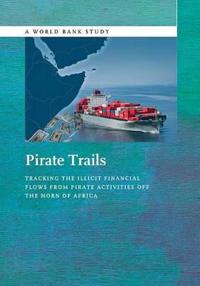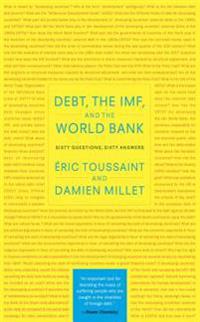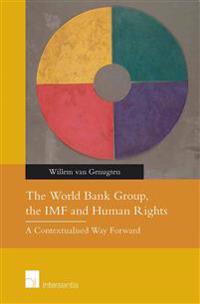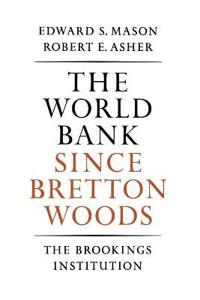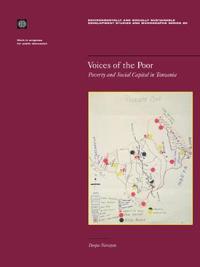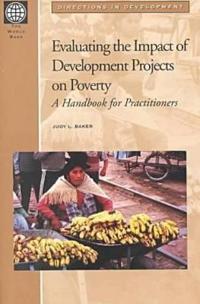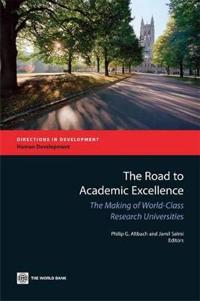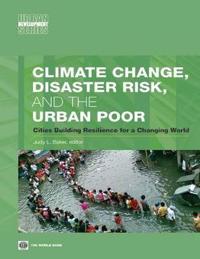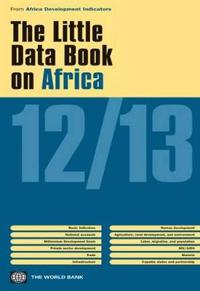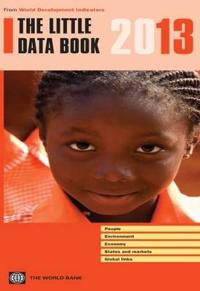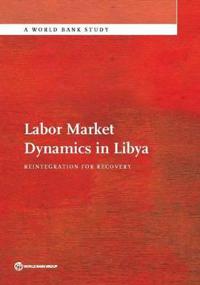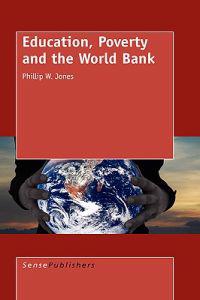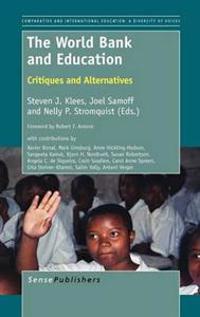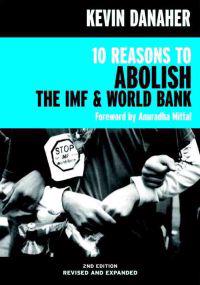Pirate Trails (Pocket)
avInternational Bank for Reconstruction and Development, The World Bank (COR), International Bank for Reconstruction and Development
ISBN: 9780821399637 - UTGIVEN: 2013-11Traditionally piracy has produced sentimental notions of adventure, freedom, and independence. However, piracy is a criminal act and often involves high levels of violence that can have a devastating impact on the victims. 21st Century piracy has evolved into a highly complex system involving a cast[...]
Unequal Alliance: The World Bank, the International Monetary Fund and the Philippines: No. 19 (Övrig)
avRobin Broad
ISBN: 9780520069534 - UTGIVEN: 1990-04-20In this seminal work, U.S. development specialist Robin Broad chronicles the Philippine experiment with the structural adjustment model of development espoused by the World Bank and the International Monetary Fund.[...]
Battle Against Hunger, The: Choice, Circumstance, and the World Bank (Inbunden)
avDevi Sridhar
ISBN: 9780199549962 - UTGIVEN: 2008-09-11Imperial Nature: The World Bank and Struggles for Social Justice in the Age of Globalization (Pocket)
avMichael Goldman
ISBN: 9780300119749 - UTGIVEN: 2006-09-01Examines the inner workings of the World Bank, the foundations of its global achievements, its propensity for intensifying the problems it intends to cure, and its remarkable ability to tame criticism and extend its own reach.[...]
Hypocrisy Trap: The World Bank and the Poverty of Reform (Övrig)
avCatherine Weaver
ISBN: 9780691138190 - UTGIVEN: 2008-10-27As the preeminent international development agency for the past sixty years, the World Bank has attracted equal amounts of criticism and praise. Critics are especially quick to decry the World Bank's hypocrisy - the pervasive gaps between the organization's talk, decisions, and actions. In the wake [...]
Debt, the IMF, and the World Bank (Pocket)
avEric Toussaint, Damien Millet, Eric Toussaint
ISBN: 9781583672228 - UTGIVEN: 201009The World Bank Group, the IMF and Human Rights (Pocket)
avWillem Van Genugten
ISBN: 9781780682969 - UTGIVEN: 2015-03Includes Guiding Principles on the World Bank Group, the International Monetary Fund and Human RightsThe World Bank Group and the International Monetary Fund are under substantial pressure to accept more accountability under international human rights law. This publication sets out the standards by [...]
Voices of the Poor (Häftad)
avWorld Bank
ISBN: 9780821340615 - UTGIVEN: 1997-10Environmentally and Socially Sustainable Development Studies and Monographs Series No. 20. This study describes the practices and processes of participatory methods that tap the knowledge the poor have about their own reality. The Participatory Poverty Assessment uses methods to measure and facilita[...]
Evaluating the Impact of Development Projects on Poverty (Häftad)
avJudy L. Baker, World Bank
ISBN: 9780821346976 - UTGIVEN: 200007Despite the billions of dollars spent on development assistance each year, there is still very little known about the actual impact of projects on the poor. There is broad evidence on the benefits of economic growth, investments in human capital, and the provision of safety nets for the poor. But fo[...]
Guide to the World Bank (Häftad)
ISBN: 9780821366943 - UTGIVEN: 2007-07Following the success of the first edition (with above 12,000 copies sold to date), the World Bank is publishing this completely revised and updated second edition of the "Guide to the World Bank". It provides detailed information on the largest anti-poverty institution in the world, including its g[...]
Climate Change, Disaster Risk, and the Urban Poor (Häftad)
avWorld Bank
ISBN: 9780821388457 - UTGIVEN: 201204The Little Data Book on Africa (Häftad)
avWorld Bank Group
ISBN: 9780821397831 - UTGIVEN: 201303The Little Data Book on Africa 2012/2013 is a pocket edition of Africa Development Indicators 2012/2013. It contains some 115 key indicators on economics, human development, governance, and partnership and is intended as a quick reference for users of the Africa Development Indicators 2010 book and [...]
The Little Data Book (Häftad)
avWorld Bank
ISBN: 9780821398128 - UTGIVEN: 201305This pocket-sized reference on key development data for over 200 countries provides profiles of each country with 54 development indicators about people, environment, economy, technology and infrastructure, trade, and finance.[...]
Transnational Civil Society And The World Bank (Inbunden)
avChris Pallas
ISBN: 9781137277602 - UTGIVEN: 2013-09-18Transnational civil society is often seen as an important contributor to the democratization of global governance. In their engagement with the World Bank, however, transnational civil society organizations prioritize pre-existing mission over responsiveness to claimed stakeholders and undercut the [...]
Reintegration for Recovery (Häftad)
avThe World Bank
ISBN: 9781464805660 - UTGIVEN: 2015-07This policy note provides an initial assessment of Libya's labor market and discusses policy options for promoting employability as part of a broader jobs strategy. It is intended as a contribution to evidence on Libya's labor market for the benefit of policy makers, civil society and the broader in[...]
Justice Between Simplification and Formalism: A Discussion and Critique of the World Bank Sponsored Lex Mundi Project on Efficency of Civil Procedure (häftad)
ISBN: 9783161492471 - UTGIVEN: 2007-12A recent study in the field of comparative economics (or, more precisely, numerical comparative law) constructed an index of procedural formalism of dispute resolution for more than 100 countries and analyzed the relationship between procedural formalism and certain aspects of quality of the judicia[...]
The World Bank and Education: Critiques and Alternatives (Inbunden)
avSteven J. Klees, Joel Samoff, Nelly P. Stromquist
ISBN: 9789460919022 - UTGIVEN: 201204When to Rob a Bank: A Rogue Economist's Guide to the World (Pocket)
avSteven D. Levitt, Stephen J. Dubner
ISBN: 9780141982922 - UTGIVEN: 2016-01-07Why I Left Goldman Sachs: Or How the World's Most Powerful Bank Made a Killing But Lost Its Soul (Häftad)
avGreg Smith
ISBN: 9781455528257 - UTGIVEN: 20121010 Reasons to Abolish the IMF & World Bank
ISBN: 9781583226339 - UTGIVEN: 2004-07"The Paul Revere of globalization's woes."--"The New York Times," on the authorAs the United States makes much of its desire to globalize democracy, in "10 Reasons to Abolish the IMF & World Bank"'s updated 2nd edition, Dr. Danaher finds democracy ill-equipped for globalization. Suggesting a radical[...]


